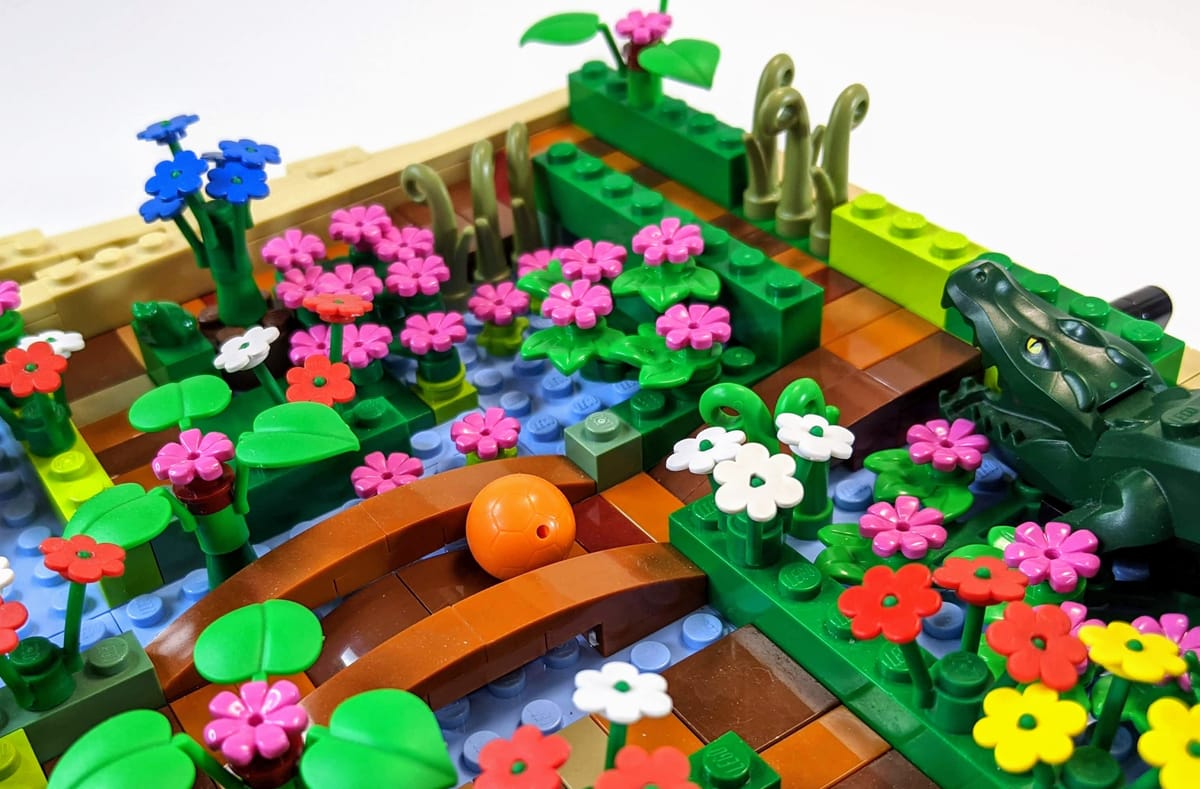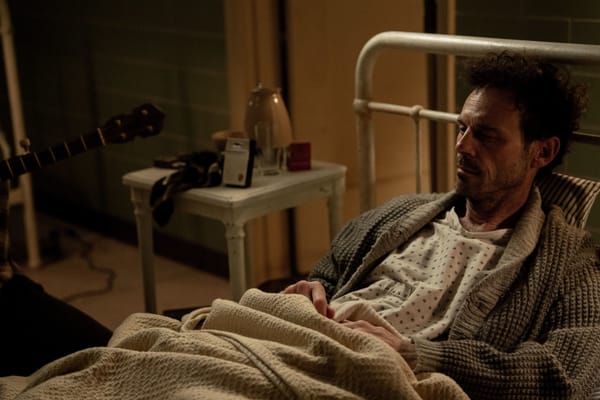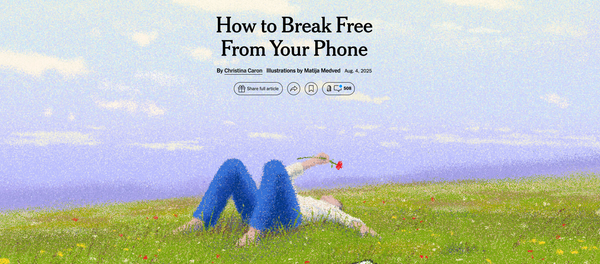'Problem-posing' education makes room for the Spirit
A fondly remembered example from my youth storytelling research

In this week's practical follow-up post, I want to briefly develop a bit more of a faith lens on Freire's "problem-posing" education and the various learning traditions that have followed in Freire's footsteps.
Recall that Freire seeks to invert power in the learning space. In essence, the advice here is something like this:
The researcher-practitioners in the educational circles in which I was trained are primarily interested in this methodology as a matter of justice. Of course, social justice is at the core of Freire's work, so this shouldn't be a shock.
But there's a highly practical dimension here too. Again and again, I heard stories from so-called "at risk" young people who said these Freirean learning spaces allowed them to re-engage with their education because they got to have some say in what they learned and why. Eric's testimony from the opening scene of the pilot episode of the Media and Social Change Podcast, which honestly is the foundation of my commitment to teaching transparently, is typical:
Attending classes here at the program sort of changed my view on ... how schooling is. [Previously,] there was no explaining of what I'm doing. So I would just not participate.
You can listen to the whole thing here:
In short, giving young people choices—empowering them to help set the direction of their learning—is perhaps the best strategy we have in increasing their likelihood of significant engagement.
But there's even more benefit when we bring the lens of Christian religious education to bear on scenes like this one.
One important way of thinking about the work of the Holy Spirit is as the "glue" that helps bring coherence and communion, the bridge between members of a community, the hyphen in the I-thou relationship.
The story from my own research that comes immediately to mind is from the pilot study of my dissertation. Here's a lightly edited excerpt from Chapter 3 that should give you the gist of what I'm getting at here:
St. Sebastian's in Woodfield—those are both pseudonyms—is a church that primarily serves a pan-Latin American immigrant community in a suburban county of a major East Coast metro area. Each year, the church runs a summer-long, non-religious day camp for children in Woodfield and other nearby towns.
Most campers and counselors at St. Sebastian's have Latin American heritage, and camp is conducted in both English and Spanish according to the needs of the moment and the skills and preferences of the people involved.
The young people adore this camp. Like, it’s more than just the highlight of their summer. They look forward to the next session from the moment camp wraps up.
I listening to their stories, I often thought back on the summer camp experiences of my youth. Like how camp wasn’t quite the same when a close friend had a family vacation or got really sick and couldn’t make the trip. Camp time is magical. Camp time is precious. Camp time gets you through the year.
And in my top-down, teacher/researcher-driven design for a storytelling project to take place at St. Sebastian's camp, I almost robbed them of a full week of the glorious camp experience.
The day I tried to recruit participants, I marched five counselors into the thoroughly un-campy space of a formal conference room. And I asked them, basically, to bail on afternoon activities for an entire week. Instead, I wanted them to hang out with a semi-stranger, and make low-tech videos about their personal lives. Rhetorically unwise, right?
But here’s the power and promise of this style of research: I arrived on Monday morning with a very naive workshop design. I left on Monday afternoon with a much better one.
By Tuesday afternoon, we were having surprisingly deep conversations about meaning and purpose and belonging at camp.
By Friday afternoon, Lauren, Dylan, and Veronica had become itinerant preachers with a laptop, traveling all through the camp to spread the good news of inclusion and belonging that was in their Digital Story. They wanted everyone to get the message.
You can listen to the full story here
It's hard for me to overstate how foolish and panicked I felt on the first day of this pilot study. I had been meticulously planning for weeks. Had I failed to recruit willing participants, the first stage of my dissertation would have to go back to the drawing board.
But it's similarly hard to overstate what a powerful communal experience we had together that week once we'd dialed in everyone's shared interest and commitment to working together to explore what camp meant to us. There was a sense of ease, of fun, of generous sharing, of pride in authorship, that seemed to spring from a bountiful source that in my view could only have been divine.
For me, this is why Christian formation leaders need to take Freire seriously. I can't prove to you that my openness to revising the plan changed how the Spirit was able to act in the course of our camp-based storytelling project. But I'm personally convinced that, in holding the steering wheel a bit more loosely, we leaders can increase the likelihood that God, too, is getting more of a say.



